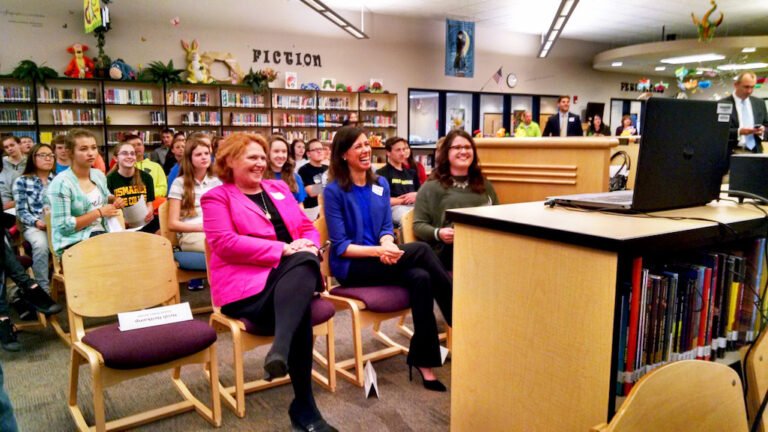USA’s Federal Communications Commission has made a major move to reduce the digital gap and support online education by suggesting a growth of the E-Rate program.
Schools and libraries could apply for funding to offer Wi-Fi hotspots and wireless internet access services that can be used outside their premises, under this proposal. This move is a reaction to the increasing dependence on online educational tools and remote learning, which makes it vital to update the E-Rate program to match the changing needs of students and educators.
FCC Chairwoman Jessica Rosenworcel stressed the importance of reducing the digital gap, which became more obvious during the COVID-19 pandemic. Many schools and libraries had to find creative ways to close the internet access gap, such as lending Wi-Fi hotspots. The ECF made a lot of progress in this area, but it was a temporary effort. The FCC now wants to create a lasting solution to make sure that communities can stay online and learn without boundaries.
Under Chairwoman Rosenworcel’s guidance, the FCC has been working hard to solve the “Homework Gap,” which affects many students and library patrons who do not have enough access to digital resources. The E-Rate program, which is supported by the Universal Service Fund, has helped a lot in improving school and library connectivity. The agency has shown its commitment to update the program to match the current needs of educational institutions by making recent decisions to support Wi-Fi on school buses and increase E-Rate support for libraries in Tribal communities.
The FCC is also working on the Emergency Connectivity Fund, a groundbreaking federal program that aims to solve the Homework Gap. In the last two years, the FCC has given over $120 million for Wi-Fi hotspot devices and almost $1.3 billion for related services, making sure that students, school staff, and library patrons have the broadband connectivity they need for effective remote learning.
The FCC today released a Notice of Proposed Rulemaking that aims to confirm that the use of Wi-Fi hotspots and wireless internet access services for remote learning and virtual library services off-premises serves an educational purpose. Schools and libraries that are eligible would be able to ask for E-Rate support for these off-premises uses, which would improve access to advanced telecommunications and information services. This proposal is a big step towards closing the digital gap and making sure that all students and library patrons have fair access to online education resources.




